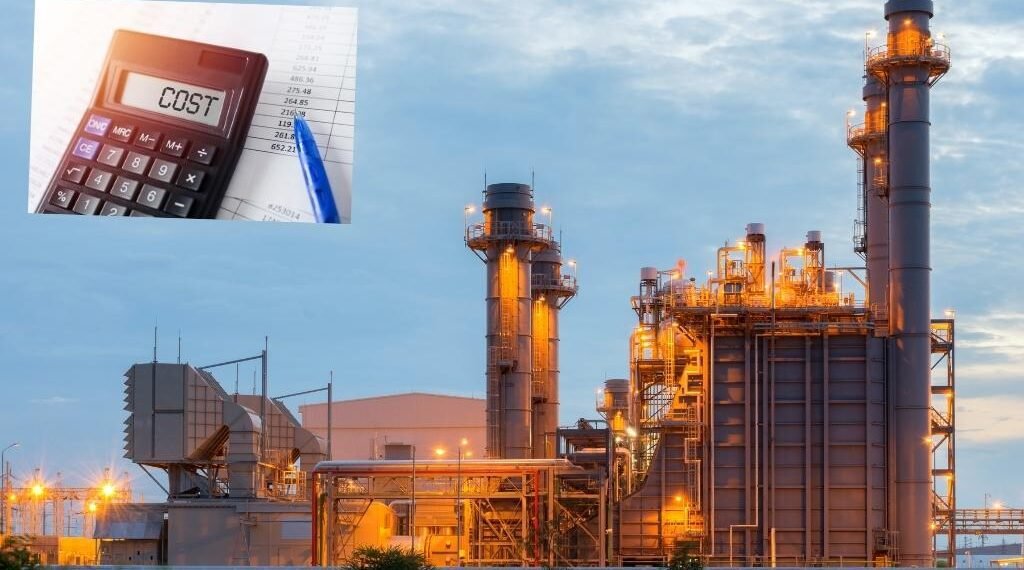Behind refinery gates, safety lapses can spark disaster. Refineries process flammable materials at high temperatures and pressures. One mistake, one missed inspection, one ignored warning creates potential for catastrophe. Workers inside the gates experience that risk daily.
They understand what can happen when safety gets compromised. Refinery accident lawsuits expose preventable errors that ripple through entire communities and devastate workers and their families.
Most people don’t think about refinery operations until something goes wrong. Refineries seem abstract. Oil gets refined. Products get shipped. The system works. But behind that abstraction, workers face real danger. They wear protective equipment in extreme conditions. They operate complex machinery. They handle toxic materials. One moment of inattention from themselves or their employers creates potential for serious injury or death.
Refinery accident lawsuits hold companies accountable for negligence that puts workers at risk. They force companies to pay damages that reflect the harm caused. They create financial incentive to prevent future accidents by improving safety. They give workers and families who’ve been harmed opportunity to recover from losses that shouldn’t have happened.
Table of Contents
The Anatomy of Industrial Risk
Refineries operate under pressure in multiple senses. Literally, processes operate at high pressures with flammable materials. Equipment carries temperatures that would instantly kill exposed workers. Figuratively, companies operate under pressure to maintain productivity and profit margins. That profit pressure sometimes leads to cutting corners on safety. Deferred maintenance. Inadequate training. Insufficient staff. These shortcuts save money immediately but create accident risk.
Deadlines create additional pressure. Maintenance schedules get pushed back to maintain production. Equipment that should be serviced gets used beyond safe operational limits. Workers get pushed to work faster, creating conditions where mistakes become more likely. Time pressure combines with physical hazard to create accident risk that exceeds what safe operations would entail.
Communication failures cause accidents that training and protocols would prevent. Workers don’t fully understand procedures. Supervisors don’t communicate hazards clearly. Shift handoffs lose critical safety information. Multiple people work on equipment without verifying what others are doing. These communication breakdowns create conditions where accidents happen despite existing safety knowledge.
Inadequate inspection fails to catch developing problems. Equipment deteriorates gradually. A valve starts leaking. A seal begins to fail. Corrosion starts on a pipe. These problems progress until catastrophic failure occurs. Regular inspection catches problems before they become dangerous. Skipping inspections or performing inadequate inspections creates failure conditions that preventive maintenance would prevent.
When Workers Pay the Price
Refinery workers experience chemical exposure, thermal burns, and trauma from explosions. Chemical exposure creates health problems that appear months or years after the incident. Workers develop respiratory problems from inhaling fumes. Skin conditions from chemical contact. Neurological problems from toxic exposure. These delayed health effects often don’t get connected to the workplace exposure until symptoms become severe.
Thermal burns from explosions or equipment failures create severe injuries. Workers get burned beyond recovery. Scarring creates psychological trauma alongside physical disability. Burn injuries require intensive medical care. Recovery takes months or years. Some workers never fully recover. Some become unable to work. The financial impact extends decades.
Explosions create traumatic injury beyond the physical harm. Workers witness injuries to colleagues. They escape by seconds. They survive explosions that should have killed them. That psychological trauma creates PTSD. Some workers never return to work despite physical recovery. That psychological damage deserves compensation as much as physical injury.
Death in refinery accidents devastates families permanently. A worker doesn’t come home. A spouse becomes a widow. Children lose parents. The financial impact includes lost income and the psychological impact includes grief that never fully resolves. Wrongful death settlements attempt to compensate for losses that can’t actually be compensated.
Rebuilding Through Accountability
Legal accountability forces companies to take responsibility for negligence. Settlements cost money. Companies have to pay damages that reflect harm caused. That financial consequence creates incentive to invest in safety that reduces accident risk. Better maintenance. Better training. Adequate staffing. These safety investments prevent future accidents by making them less likely.
Publicity from lawsuits creates reputational pressure. A refinery known for causing worker injuries struggles to recruit and retain workers. Insurance companies charge more for refineries with poor safety records. Customers sometimes avoid companies with accident histories. These reputational pressures push companies toward better safety practices.
Regulatory action sometimes follows lawsuits. Federal safety agencies investigate refinery accidents. They issue citations. They assess penalties. Companies with repeated accidents face increased oversight. That regulatory pressure creates additional incentive to improve safety. Companies know that future accidents result in regulatory consequences beyond legal liability.
Conclusion
Progress shouldn’t burn people. Refinery accidents are almost always preventable. They result from companies choosing profit over safety. They result from cutting corners that should never be cut. They result from ignoring hazards that everyone involved knows are present. Accountability for those choices matters for preventing future accidents.
Refinery workers who are injured deserve compensation that accounts for the serious nature of their injuries. They deserve accountability from companies that put them at risk. They deserve the knowledge that their injury might prevent future workers from experiencing the same harm.
Refinery accident lawsuits are how the legal system holds companies accountable for industrial negligence. They’re how victims and families recover from harm that shouldn’t have happened. They’re how the system pushes toward better safety practices.


